March 12, 2020
Workers and employers differ on progress towards workplace equality
 A gap exists between the way leaders and employees view progress toward equality in their organisations, according to new research from Accenture. Closing the gap will yield benefits for companies and their employees. The report, “Getting to Equal 2020: The Hidden Value of Culture Makers,” which includes research across 28 countries, claims that organisations are at an inflection point. Today’s UK workforce cares increasingly about workplace culture and believes it is critical to helping them thrive in the workplace (reported by 80 percent of women and 66 percent of men), and a majority of leaders (62 percent) believe an inclusive workplace culture is vital to the success of their business. (more…)
A gap exists between the way leaders and employees view progress toward equality in their organisations, according to new research from Accenture. Closing the gap will yield benefits for companies and their employees. The report, “Getting to Equal 2020: The Hidden Value of Culture Makers,” which includes research across 28 countries, claims that organisations are at an inflection point. Today’s UK workforce cares increasingly about workplace culture and believes it is critical to helping them thrive in the workplace (reported by 80 percent of women and 66 percent of men), and a majority of leaders (62 percent) believe an inclusive workplace culture is vital to the success of their business. (more…)










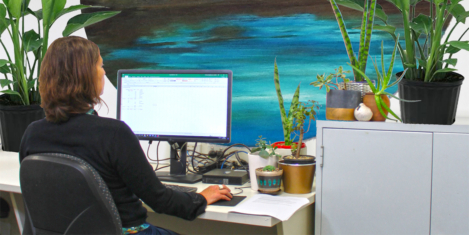
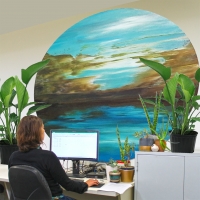
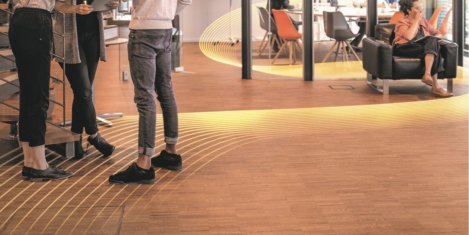
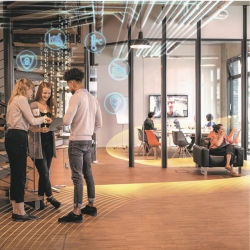
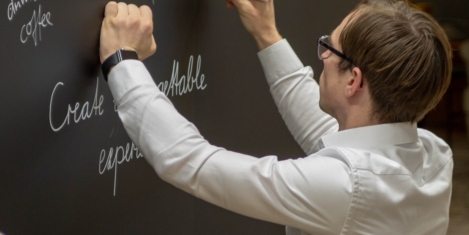
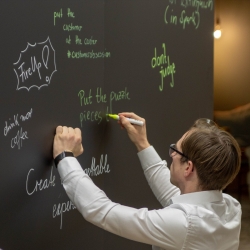
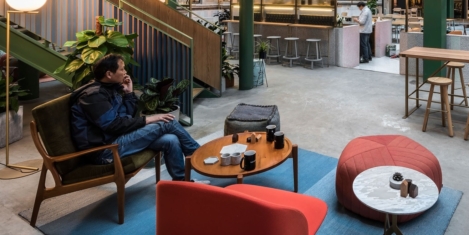
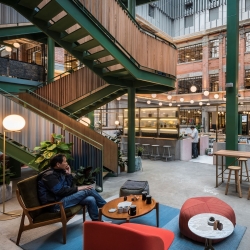








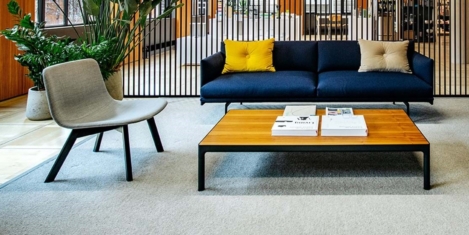
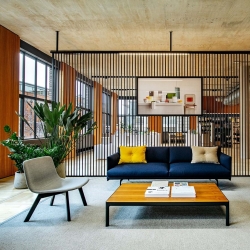









March 4, 2020
Agility may be the key to surviving uncertainty, but what does it mean?
by Victoria Normark • Comment
(more…)